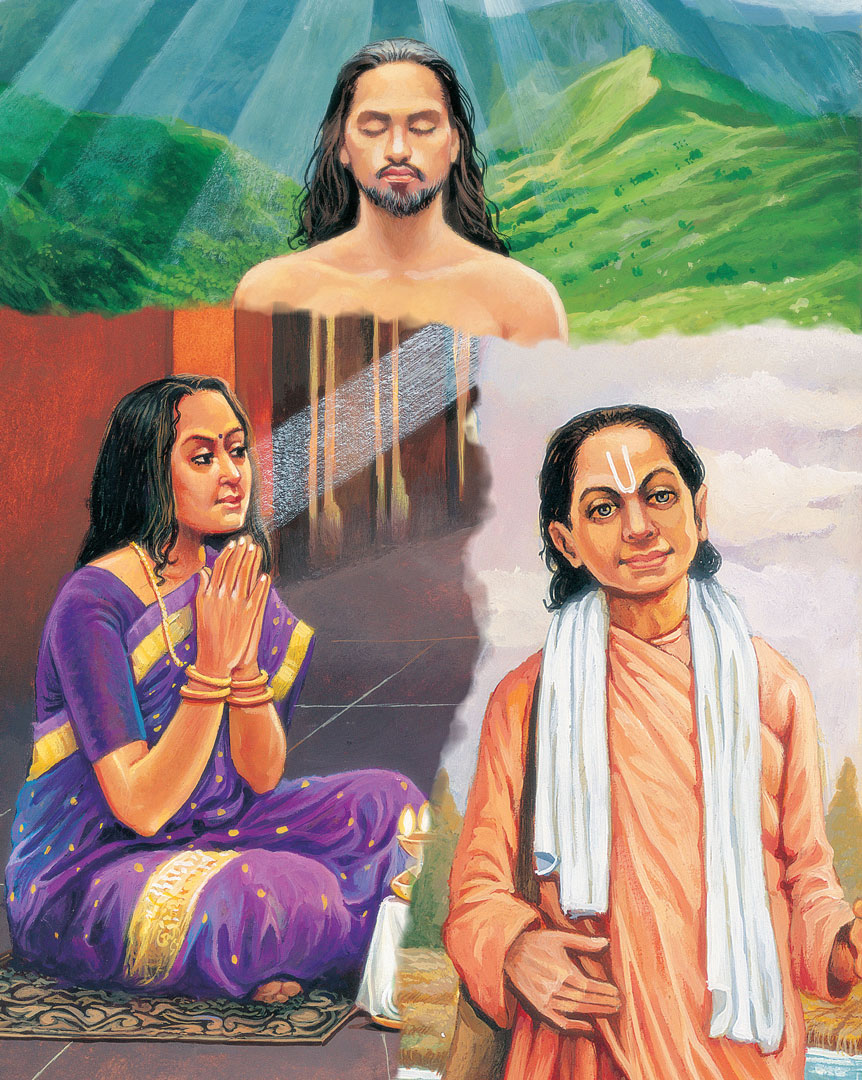

तस्माद् ॐ इत्युदाहृत्य यज्ञदानतप:क्रिया: |
प्रवर्तन्ते विधानोक्ता: सततं ब्रह्मवादिनाम् || 24||
tasmād oṁ ity udāhṛitya yajña-dāna-tapaḥ-kriyāḥ
pravartante vidhānoktāḥ satataṁ brahma-vādinām
tasmad om ity udahritya yajna-dana-tapah-kriyah
pravartante vidhanoktah satatam brahma-vadinam
BG 17.24: Therefore, when performing acts of sacrifice, offering charity, or undertaking penance, expounders of the Vedas always begin by uttering “Om” according to the prescriptions of Vedic injunctions.

Start your day with a nugget of timeless inspiring wisdom from the Holy Bhagavad Gita delivered straight to your email!
The syllable Om is a symbolic representation of the impersonal aspect of God. It is also considered as the name for the formless Brahman. It is also the primordial sound that pervades creation. Its proper pronunciation is: “Aaa” with the mouth open, “Ooh” with the lips puckered, and “Mmm” with the lips pursed. It is placed in the beginning of many Vedic mantras as a bīja (seed) mantra to invoke auspiciousness.